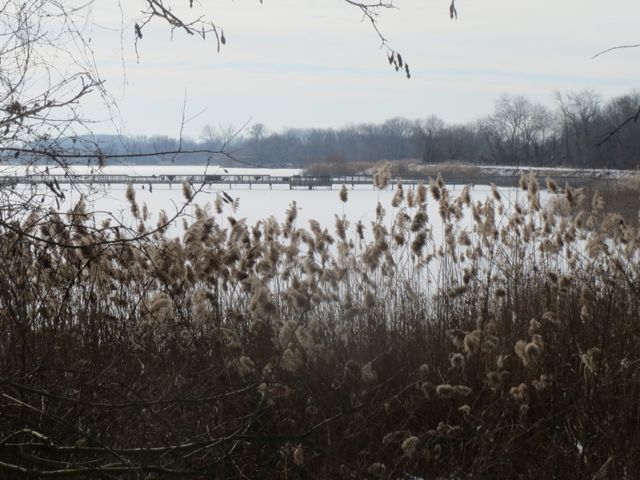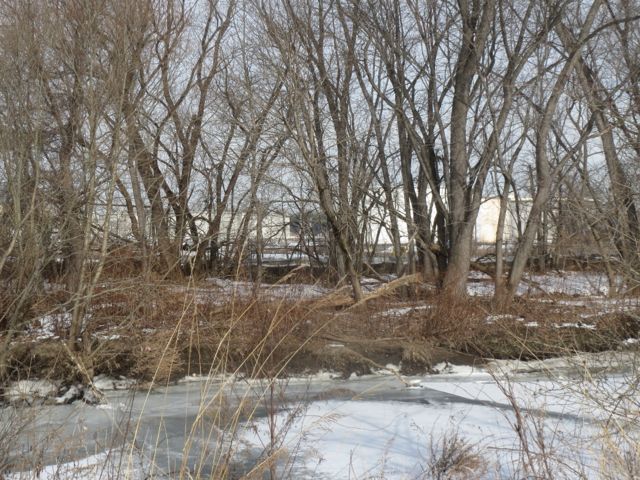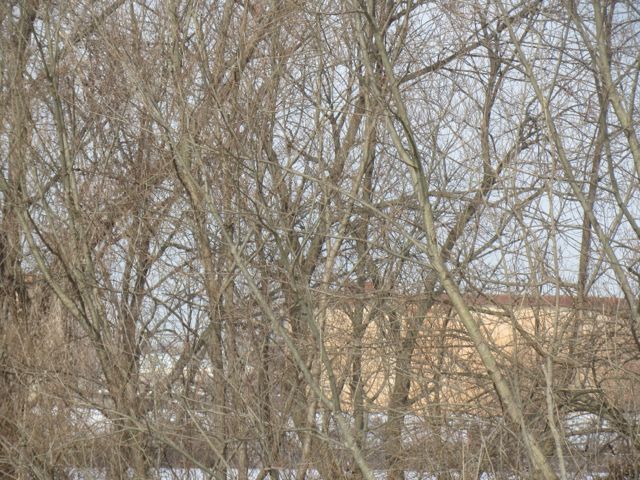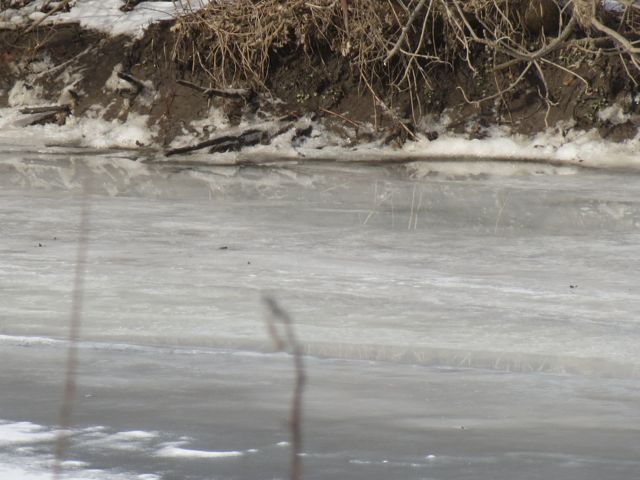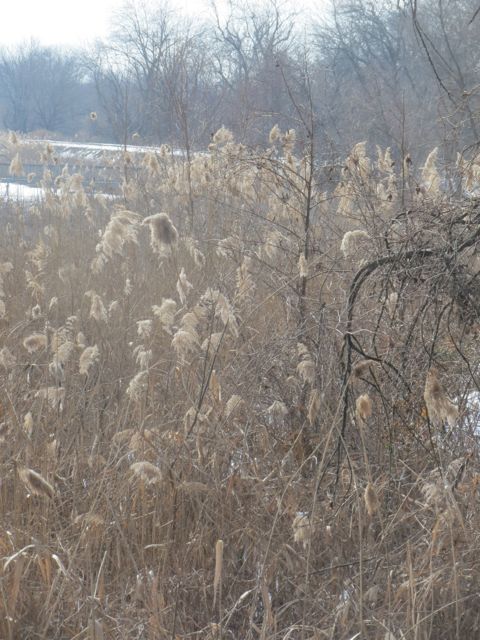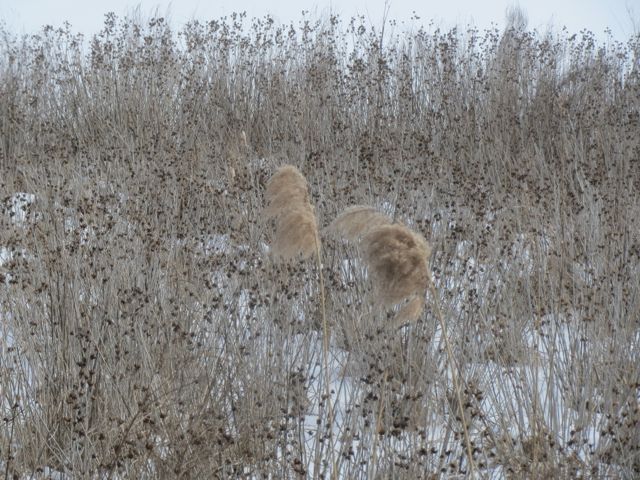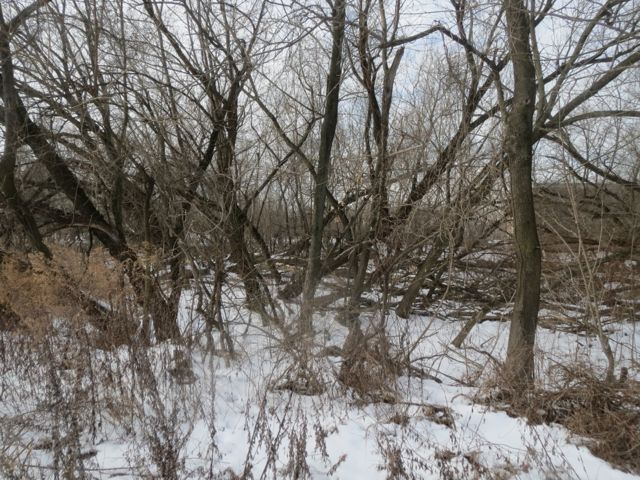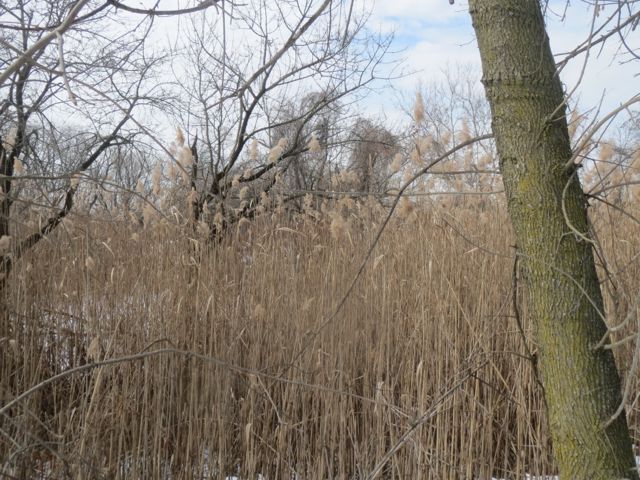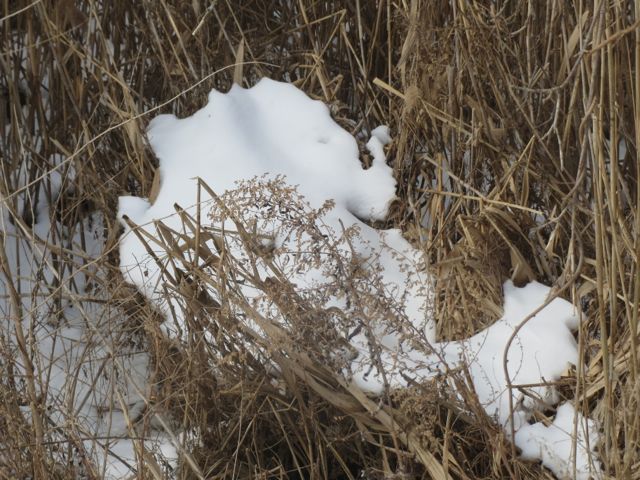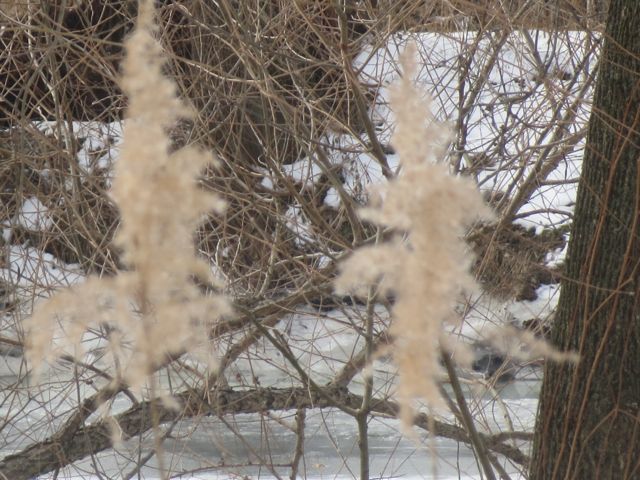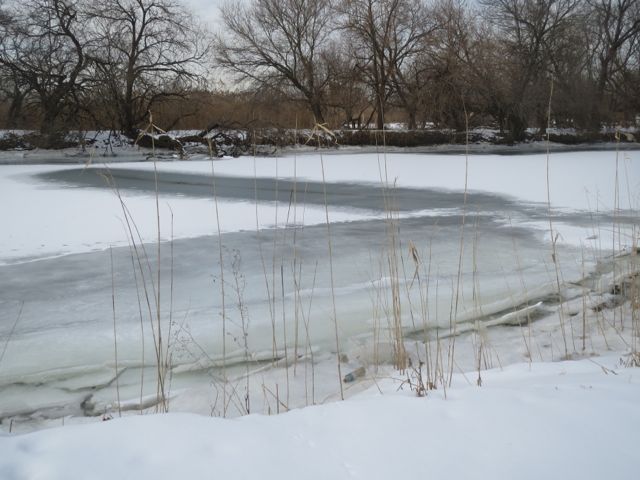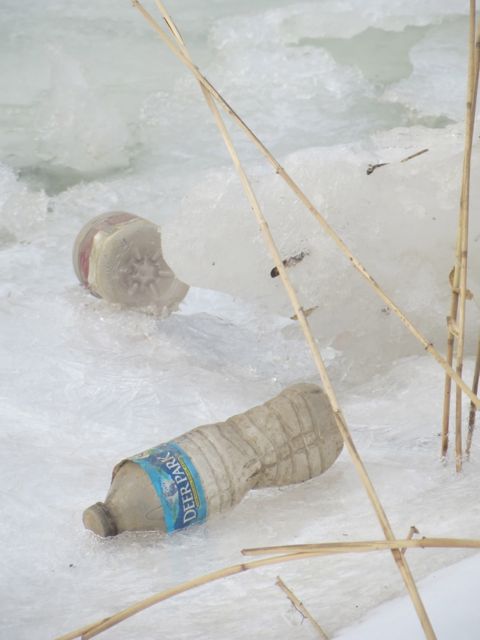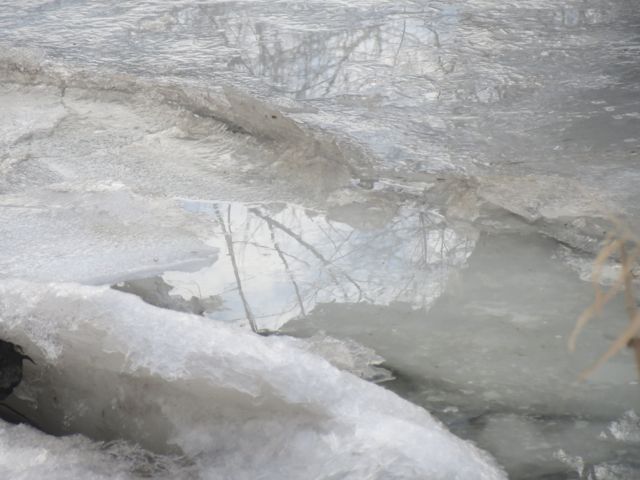Serendip is an independent site partnering with faculty at multiple colleges and universities around the world. Happy exploring!
Eco-Literacy 2014

Welcome to the on-line conversation for Eco-Literacy, a 360°
cluster being offered @ Bryn Mawr College in Spring 2014.
POST YOUR THOUGHTS HERE
______________________________________________________________________________________

Nature Autobiography: Seaweed Life

View of Lake Delavan

House that looks similar to my old one

Delavan Lake Yacht Club where I attended camp
When I was first born my family bought a house up in Wisconsin along Lake Delavan. My family and I would drive the two hours from Chicago to Delavan and drive down narrow dirt roads until we finally reached the home. The house was considered to be located on the Island of Lake Delavan. The house was located in a somewhat secluded area with only 2 houses located in the block of land. Even though there weren’t many people around for me to play with I still enjoyed exploring the areas around my house and I still had my neighbors. My sister and I would visit our neighbors often because the family had a son who was roughly my age. We would either play in the house or go outside and explore.

Knowing, Being, and Making- A Reflection

To begin, a quote from the ecology of imagination in childhood by Edith Cobb: “The child’s ecological sense of continuity with nature is not what is generally known as mystical. It is, I believe, basically aesthetic and infused with joy in the power to know and to be. These equal, for the child, a sense of the power to make...”

A Slice of Autobiography
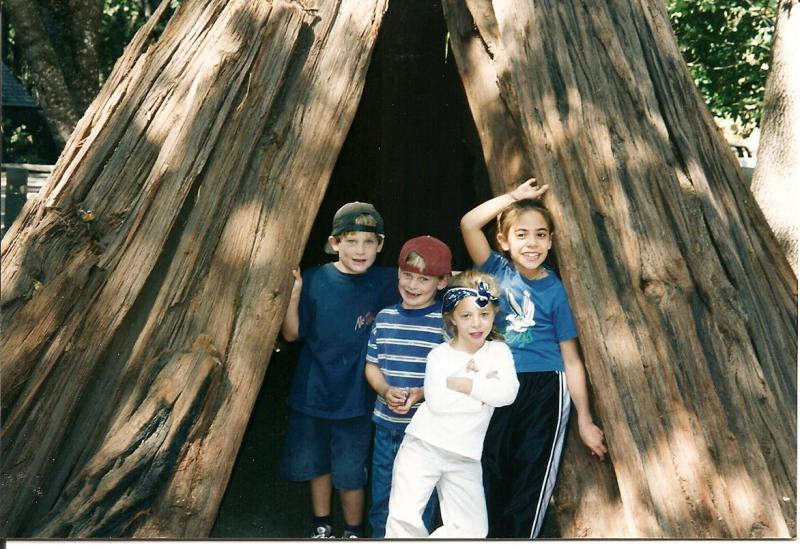
It is strange to realize that in my first essay for a course on Eco-literacy, an essay on home and belonging, I never once entertained the idea of the environment, or the ‘outdoors’, as home. I unearthed one of my homes, “the body as home”. However, the body as home is not just one home, but many different factors coming together to form a whole. Your body encompasses your physical being, your consciousness, your emotions, your memory, where you have been and where you are going. I suppose that nature is in intrinsic part of the whole of ones body, and how perhaps the body is not the only home. For there two things that are always with me: my body, and the environment.

Sunnyside
Sunnyside, Houston, TX
When I was four, I started school and had to go to the afternoon session of Pre Kindergarten. Rather than spending my mornings watching PBS kids, I’d walk around my neighborhood with my grandma and our two-seat stroller looking into people’s trash bags, searching for aluminum cans. We’d carry big black trash bags in the stroller making it easier for us to walk around and keep piling on the cans inside the trash bags. If we had a good day, we’d fill two trash bags and come home to a rinse with the water hose and climb back into bed as we both watched the telenovela and had pan dulce with cola-cola for breakfast.
I started to explore my community and get to know the people around us by picking at people’s trash. I didn’t think there was anything bad with it. No one would point or stare. If anything, our friends around the neighborhood would already have separated the aluminum cans from the rest of the trash and saved us the time and effort. My grandmother wasn’t an American Citizen or Resident at the time, but she had to make money some way or another because my grandfather and her couldn’t support a house full of seven men and three daughters, plus a new granddaughter.

The Nature of Childhood (or Why Biology Made Certain Aspects of Camping More Difficult for Six-Year-Old Me)
I wished with all my heart that I could pee in the woods. Honestly, that was the only thing that ever made me feel jealous of boys when I was growing up, that they could pee in the woods easily while I could not, at least not as comfortably. I was proud of my girlhood from a young age, preferring feminine clothing (as in that made for female-bodied people), joining Girl Scouts, riding a bike without the bar from seat to handles, etc, but out in nature, camping and on long hikes and places generally free from the normal facilities and peeing in the woods was sometimes the only option, I wished I could be a boy, even if only for five minutes.

Autobiography: Oceans and Dreams
When's it my turn?
Wouldn't I love, love to explore that world up above?
Out of the sea,
Wish I could be,
Part of that world
--The Little Mermaid
I’d sing along, my young self draped over the coffee table in front of the TV with a huge smile on my face, I was a mermaid. I even asked the shopping mall Santa to make me into a mermaid that year, my heart filled with mild disappointment when I awoke to a Little Mermaid toy doll under the tree instead of real life fins on my feet. I didn’t recognize until recently the irony in this wish, how I so badly wanted to become a mermaid and escape to the sea while I sang along to a tale about leaving the ocean to become human. Ironic, even, that this mermaid became human in order to commit to a lover, while I wanted to become a mermaid to find freedom and independence.
Yet, my mom sometimes recounts a story of a very young Simona experiencing the ocean for the first time. I put my hand into the sand, looked at the grains stuck to my skin, stared at the waves, turned my eyes to my mom’s face, and began to cry. Sand was a foreign substance, and the ocean was as threatening as the unexplored depths it guards. This fear of the sea as a young child compared to my love for the underwater world found in films is a confusing contradiction. What impacted me more, the fantasy or the reality?

impermanent art
http://www.viralnova.com/beach-art/
This is really cool and it reminded me of Ava's art in it's impermanence and its connection to natural mediums/forms.

Too much "at-homeness"?
In The Ecological Thought, Timothy Morton argues that "Fixation on place impedes a truly ecological view," that "we want ecology to be about location, location, location. In particular, location must be local: it must feel like home; we must recognize it and think it in terms of the here and now, not the there and then" [but that] "ecological collectivity decisively can’t be rooted in 'place'....'my place in the sun' marks the beginning of all usurpation. 'Place' contains too much “at-homeness,” too much finality, for the ecological thought. Localism, nationalism, and immersion in the ideological bath of the lifeworld, won’t cut it anymore…We need collectivity, not community….it must be a collectivity of weakness, vulnerability, and incompletion."
What do you think? Post here a paragraph of your initial reactions to Morton’s idea, reflecting, from the p.o.v. of an environmentalist, on your own investments in and search for home. We’ll start class on Wednesday with these thoughts….PLEASE USE THE ECO-LITERACY TAG "English" on these postings.

ranking our happiness
Reading through the tasks David assigned for this week, I was intrigued by his mention of alternative measures of welfare, including Bhutan's Gross National Happiness Index. My brother-in-law, an environmental consultant in Portland, Oregon, was happy to point out that ideas like this get taken seriously in Oregon (did you know this, Lisa?). Another brother-in-law, a Maine environmentalist, called my attention to two other rankings of national happiness, apparently inspired by Bhutan's index, but using different criteria. The "domains" used in the U.N. study appear to be primarily the conventional economic ones; i.e. rich and ecologically wasteful countries rank high (U.S. 17th behind other developed countries), while the New Economics Foundation's Happy Planet Index gives more attention to ecology; e.g. how much happiness is currently achieved at the expense of future generations (U.S. ranks 114th; 9 of top 10 are Caribbean basin nations, with Costa Rica #1).

Econ 136: Week 3 Tasks
ECON 136: Week 3 Tasks
With the snow, I'm just shifting back our tasks by one class meeting (except for the short paper due Monday night). Wednesday and Friday we meet in Dalton 25 at 10:10.
Monday: Snow Day II
Monday night:
Profiling Your Community Assignment due in your Dropbox folder before you retire (or by 3am Tuesday)
Wednesday: Environmental Services
Preparing for class:
Read Tietenberg – Valuing the Environment (Tietenberg, T. and L. Lewis (2009). Environmental & Natural Resource Economics. 8th ed. Boston: Pearson, 14-16) and
EE – Ecosystem Services (Daly, H.E. an J. Farley (2011) Ecological Economics. 2nd ed. Washington Island Press, 103-110 & 461)
Things to think about:
An environmental economist places the economy inside the environment; an ecologist sees the economy as part of an interrelated whole. What do we gain or lose by focusing on one approach or the other?

What I Would Have Said on 1/29/14
I missed class on wednesday, so I took at look at the course notes and thought about some of the things I would have written/ would have said.
On Eli’s portrait:
*Kneeling but not quite… one foot poised as though ready to stand back up- reminiscent of movement, which characterizes Eli’s life and relationship to home/body/place/the environment ---> Movement also works w/ metaphor of taking the earth inside the self and letting it grow out; depicted by the tree which grows through Eli

two things I promised you...plus one I didn't!
The first (for Kelsey) is a link to the talk I heard @ Haverford yesterday: a presentation by the anthropologist Tom Boellstorff on "Disability, Online Culture, and Collaboration." It was Tom who gave me the great line (so apt for our work here) that "embodiment is always emplacement," who discussed the "pluralization of worlding" in on-line spaces, offering a needed separation--especially for those who are disabled--from bodily limitations. He described the digital world as importantly "discrete" from the off-line world, but as also "indexical"--pointing towards it ("a bullet hole is an index of a bullet; smoke is an index of a fire; tree rings index how much rain has happened each year; indexicals take us beyond words, and beyond the human...."). The functions of the on-line world challenge all sorts of deep cultural assumptions about what's "immaterial," what "matters." This was all great stuff, and I'm happy to share more with anyone who's interested....

Posse Foundation at Bryn Mawr...PLEASE SHARE :)
The Posse Foundation Scholarship is NOT a minority or low income scholarship. It is a merit scholarship awarded to students who demonstrate leadership in all different ways. I am a Posse Scholar at Bryn Mawr College from Houston. My POSSE and I did not receive this scholarship because we're minorities or low income, we became Posse Scholars because of our hard work and leadership skills.
Please share your support through the Bryn Mawr Community and also those back home to spread the word of what Posse really is.
http://www.npr.org/2014/01/16/262789593/white-house-seeks-ways-to-get-poor-kids-through-college


